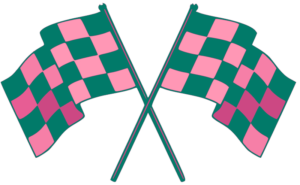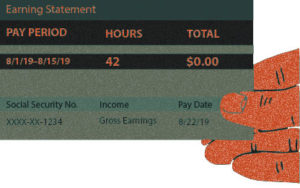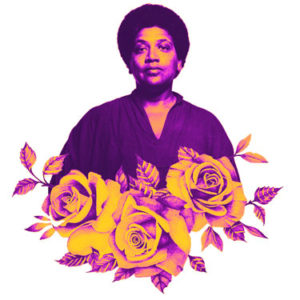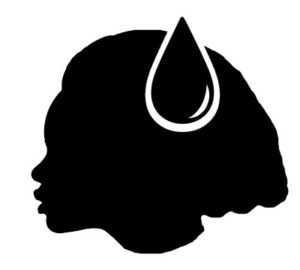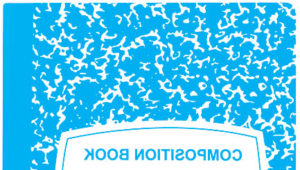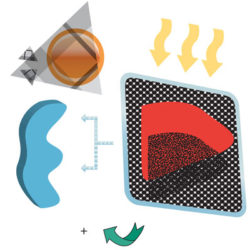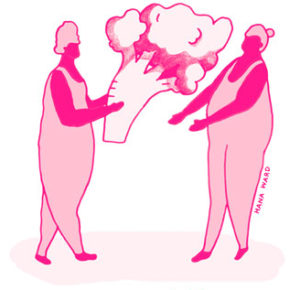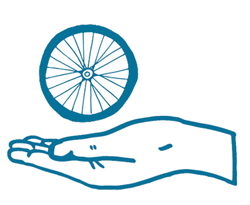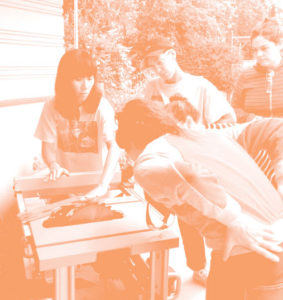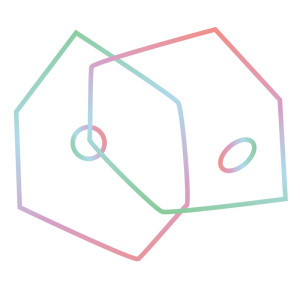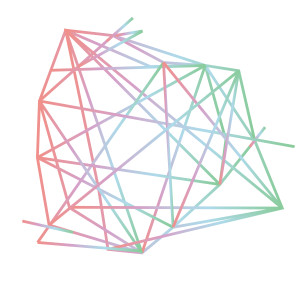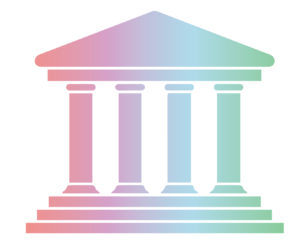Re: October 2020–December 2020
We are excited to announce our Fall term of programming, somewhat chaotically entitled: “Re.” “Re” speaks to a sense of response, and… responsibility. “Re” looks to evaluate what has been done, what should be repeated, what should be revised. “Re” looks to a sense of newness that is girded by historical fact. “Re” freshens up, “re” reminds.
It has been difficult to plan for an uncertain future in uncertain times. We looked to our open call to bring in a wide set of interests, purposes, trajectories, and found that more than anything, folks wanted to deepen conversation, build community, and study. These efforts constitute a readying of sorts: who are my people? And what do we know for sure? Read more here.
Unpaid Labor September 2019–November 2019
This quarter, we’re considering Unpaid Labor — as in uncompensated, but also: not rewarded, acknowledged, appropriately valued, and in some cases not even visible.
Whose work has value — to whom? And why? And whose labor do we rely on without realizing it?
What does labor look like when it’s consensual, reciprocal, acknowledged, and valued? How does labor transform when done in community?
How should justice work be valued? Or the work of liberation?
How many different ways can we approach compensation? Where do we find examples of alternative economies — value systems where our needs are met through strategies other than money?
When we think of Unpaid Labor we’re thinking of our work as feminists and womanists, we’re thinking of protest, of “complaint as diversity work”, of care work, emotional labor, disability justice work, the work of interdependence, of being in relationship, the work of collectivity, and the work of imagination. Read more here.
Critical Intuition May 2019–July 2019
This summer we’re following the lead of one of our favorite writers, adrienne maree brown, and thinking about what Audre Lorde describes in her classic essay, Uses of the Erotic.
“When I speak of the erotic,” she wrote, “I speak of it as an assertion of the lifeforce of women; of that creative energy empowered, the knowledge and use of which we are now reclaiming in our language, our history, our dancing, our loving, our work, our lives.”
The erotic is present in solitude and in community. It’s joy and resilience, grief and celebration, creativity, collaboration, deep participation, the impulse to rest and the impulse to travel. And tapping into the erotic requires critical intuition— an intentional practice of listening, awareness, and feeling. It’s what Lorde called a “grave responsibility, projected from within each of us, not to settle for the convenient, the shoddy, the conventionally expected, nor the merely safe.”
Sweaty Concepts January 2019–March 2019
Coined by the feminist writer Sarah Ahmed (and inspired by Audre Lorde), “sweaty concepts” are a way of describing something that is hard to describe, and something that is often hard to experience. For women, people of color, disabled people, or trans folx (for example), sweaty concepts give language to our abstract experiences (experiences that are invisible to dominant groups; experiences for which the dominant group hasn’t developed language — because it hasn’t had to) and legitimize them.
Unschooling September 2018–November 2018
Unschooling means unlearning: tapping into new ways of thinking, new ways of communicating, new methodologies and strategies for learning independently and together.
Control May 2018–July 2018
Which experiences, identities, and collective practices might we refuse if given the opportunity? In what ways do we resist abuses of power? What would it feel like to have autonomy over our bodies? How do we learn to assert ourselves and to hold boundaries? What does it mean to take control?
Health/Care February 2018–April 2018
This quarter we’re considering what it means to care, and what it means to be healthy. What are all the ways we care for each other and our communities? And what can we learn from those of us who need care the most? Which assumptions about wellness should we challenge and investigate?
Rethinking November 2017–January 2018
Rethinking: is a collaborative process, a way to invite our members to participate in new ways, and a way to seek all new perspectives and experiences. It’s a season of research & experimentation, an internal and external investigation. It’s a reaction to the urgent need that we see in our communities. It’s a way to do better at holding ourselves accountable.
Summer Skill Share June 2017–July 2017
We’ll be taking it easy this summer; learning new skills from our friends, trying out new hobbies, delving into interests we have always been meaning to cultivate – we’re hosting a Summer Skill Share!
Coalition March 2016 – May 2017
Last fall we held a programming quarter based around the idea of Civics to coincide with the national election. We had no idea that the outcome of the election would be so uprooting and worrying for all of us. For winter we moved to explore the theme of Co-Struggle in an attempt to regroup and unpack our intersections. This spring we will continue this line of thought by investigating the idea of Coalition.
Co-Struggle December 2016 – February 2017
As differentiated from solidarity, which can gloss over difference, Co-Struggle is the concept of standing together even as we stand apart. When we Co-Struggle we work to acknowledge our differences as well as our intersections, provide support for each other on our separate journeys and self-care for ourselves on our own.
Civics Fall 2016
For Fall of 2016 we are thinking about Civics: from jury duty to neighborhood council meetings to the election on November 8, what are the ethics of our public lives as participants within a large nation? What are the actions we undertake together to create the space of the commons? What does feminist civic duty look like? What are our individual relationships to a larger system? What does it mean to be one of the many?
Soft Power Winter 2016
For winter we think about Soft Power: what are those forces which can enact attraction or persuasion without coercion? We think about friendship, the sunset, a vaguely familiar smell.
Magic Spring 2016
What are the essences of the invisible or intangible? We seek to occupy the murky voids, honor erased histories, engage with the languages of the unseen, and celebrate information spread by word of mouth. Our investigation will take many parts, from investigating our dreams through movement to learning the magical workings of our own cars, and many things in between!

